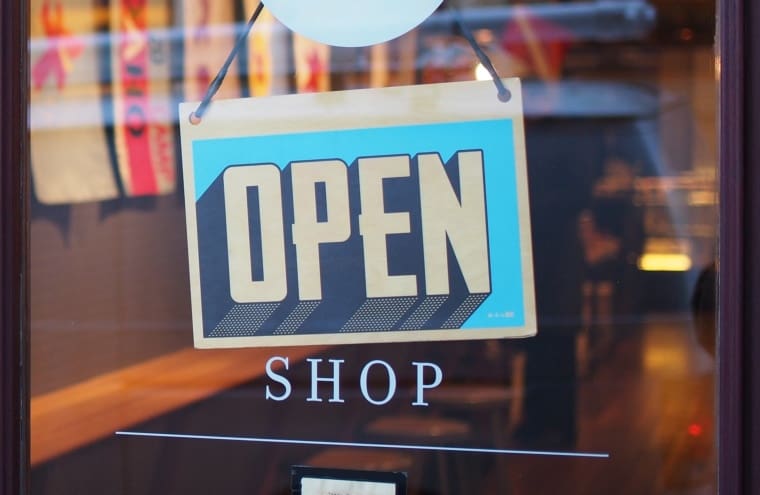Artificial Intelligence (“AI”) is becoming increasingly prevalent in our daily lives, from language learning models to AI image generators. However, the use of AI in decision-making processes is raising novel legal questions. A recent decision by the Federal Court in Canada has shed light on the legal implications of using AI in the administrative decision-making process. In Haghshenas v. Canada…









